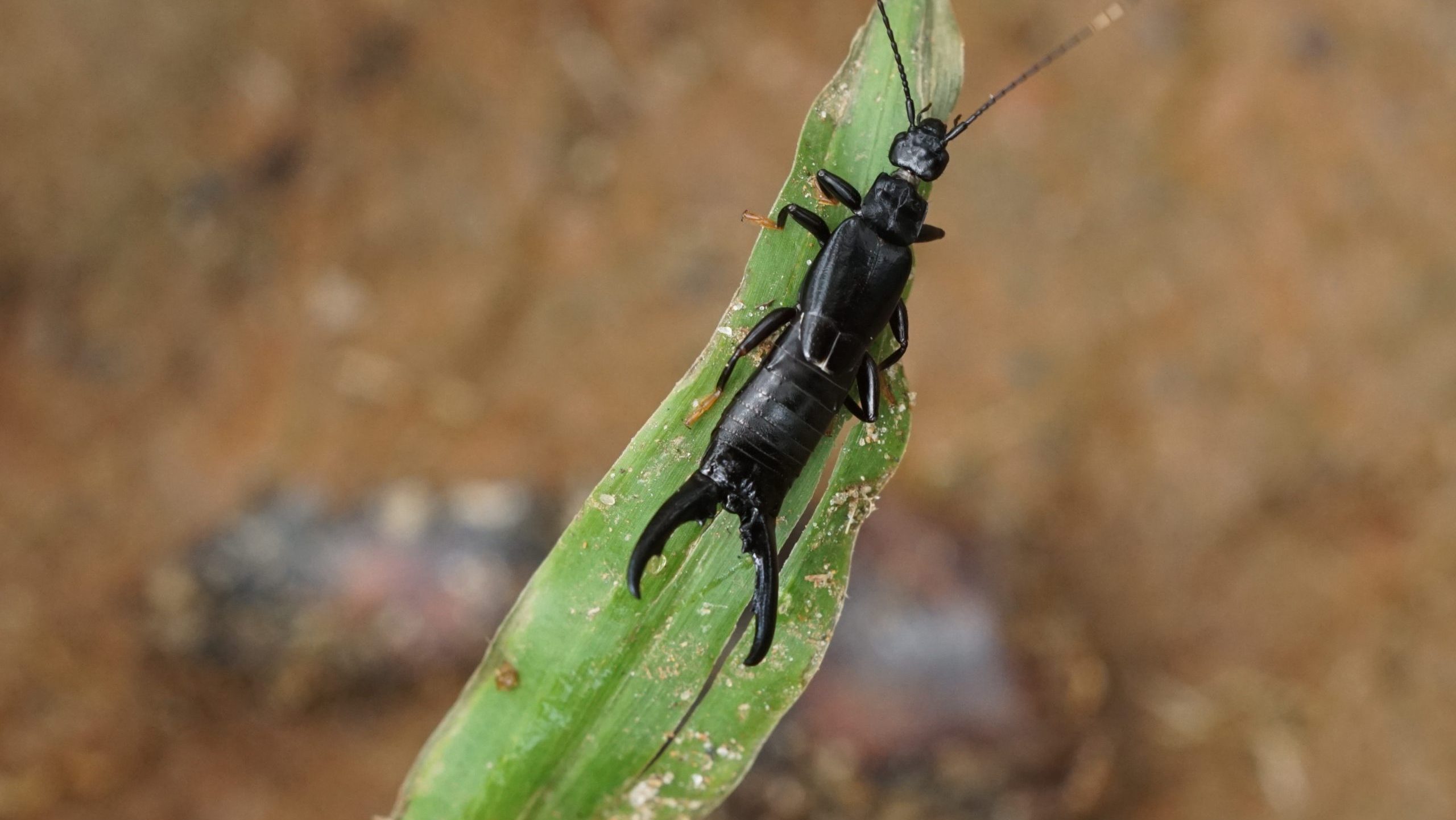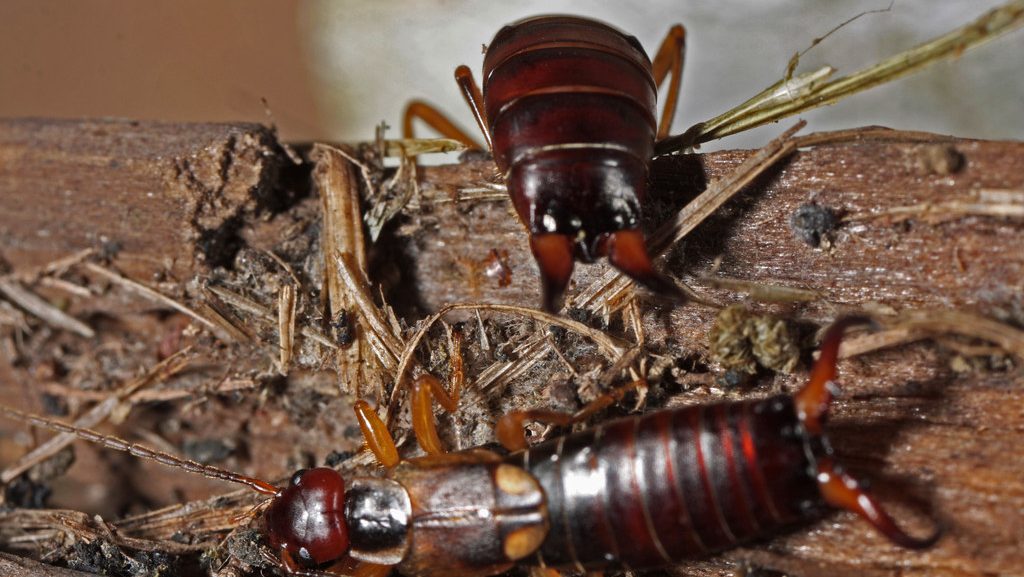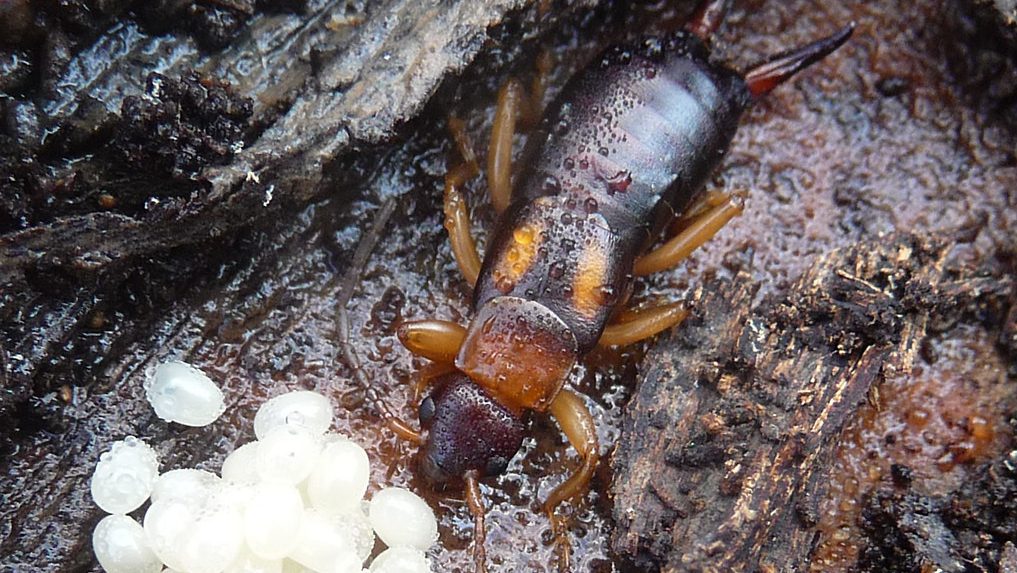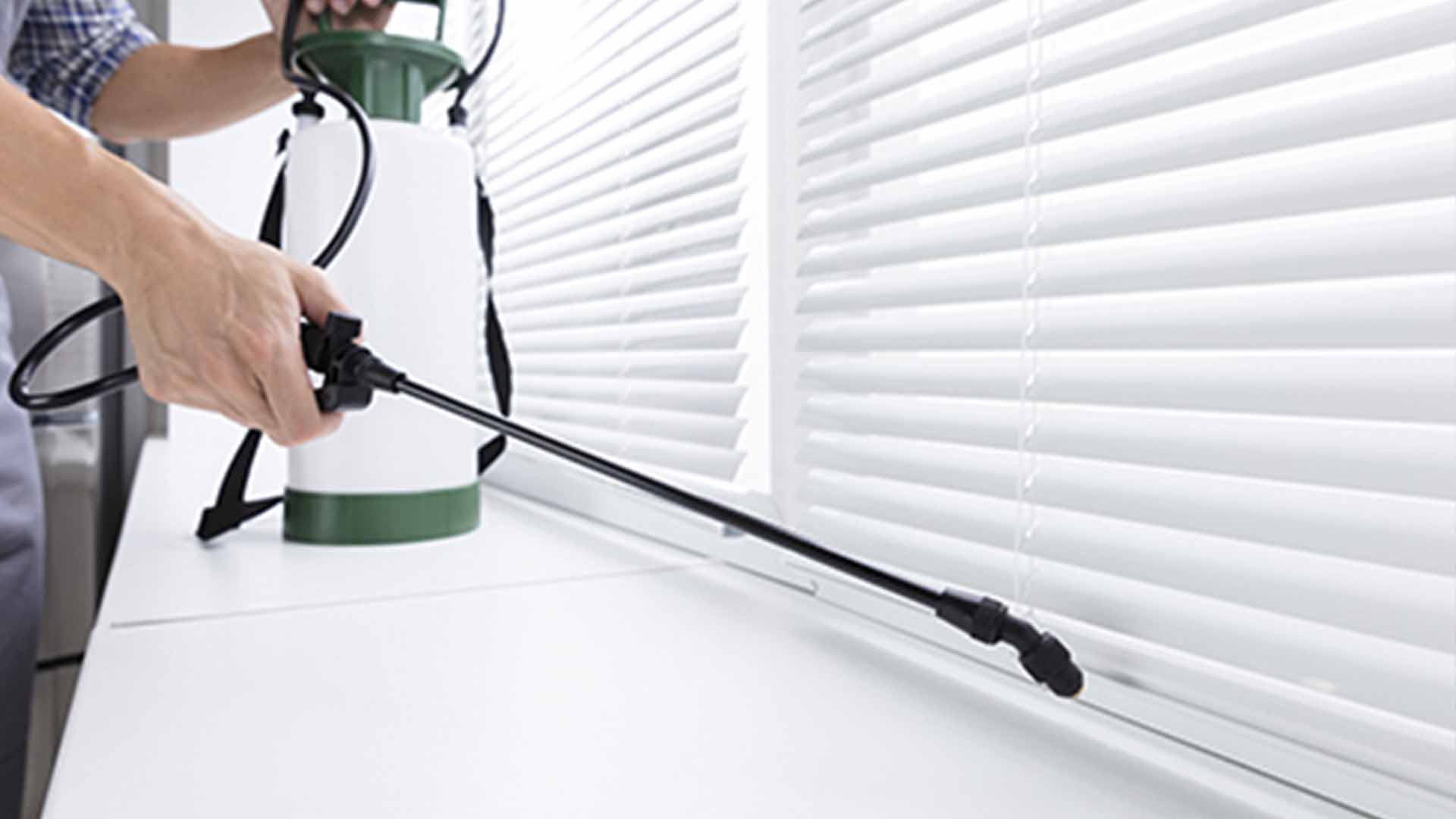Key Takeaways
- Earwigs do not bite but may pinch if threatened.
- They do not crawl into human ears to lay eggs.
- Earwigs prefer cool, damp environments.
- Prevent infestations by reducing moisture and sealing entry points.
- Natural predators like birds and toads help control earwig populations.
 Earwigs, with their exceptional pincers and nocturnal conduct, frequently evoke unnecessary worry among owners. A widely widespread challenge is whether or not those bugs can bite human beings and pose any chance.
This complete guide aims to dispel common myths, provide real facts about earwig behavior, and offer practical recommendations for U.S. households.
Earwigs, with their exceptional pincers and nocturnal conduct, frequently evoke unnecessary worry among owners. A widely widespread challenge is whether or not those bugs can bite human beings and pose any chance.
This complete guide aims to dispel common myths, provide real facts about earwig behavior, and offer practical recommendations for U.S. households.
What Are Earwigs?
Earwigs are small insects, typically measuring between 1/2 to 3/4 inches in length. They have elongated, flattened bodies that range in color from light red-brown to black. One of their most recognizable features is the pair of forceps-like pincers, known as cerci, protruding from their abdomen. These pincers are more curved in males and straighter in females. While earwigs possess wings, they rarely use them for flight. They are primarily nocturnal and prefer cool, damp environments such as under mulch, rocks, firewood, or in basements with wet carpeting. Their diet mainly consists of decaying plant matter, but in large numbers, they can damage crops and ornamental plants.

Not getting a solution?
Get your free pest control estimate today!Debunking the Myth: Do Earwigs Crawl into Human Ears?
The name “earwig” stems from an old European myth suggesting that these insects crawl into human ears to lay eggs or burrow into the brain. This belief is unfounded and has been debunked by entomologists. Earwigs do not have a particular affinity for human ears; such incidents are extremely rare and accidental.Do Earwigs Bite Humans?
Contrary to popular belief, earwigs do not bite humans. Their mouthparts are not designed to pierce human skin. However, they can pinch using their cerci if they feel threatened or are mishandled. While the pinch can sometimes be painful, no venom is transferred, and the pinch rarely breaks the skin. Additionally, earwig pincers do not spread disease.What to Do If Pinched by an Earwig
Steps to Take If Pinched
-
Clean the Area: Gently wash the site with soap and warm water to prevent potential infection.
-
Apply Antiseptic: If the skin is broken, use an over-the-counter antiseptic to disinfect the wound.
-
Monitor for Reactions: If you notice signs of an allergic reaction, such as increased redness, swelling, or itching, seek medical advice promptly.

Are Earwigs Dangerous to Humans or Pets?
Despite their intimidating appearance, earwigs are not dangerous to humans or pets. They do not possess venom, nor do they transmit diseases. Their pincers, while capable of delivering a mild pinch, are not strong enough to cause serious harm. The primary concern with earwigs is their potential to become a nuisance, especially if they enter homes seeking shelter.Preventing Earwig Infestations in the Home
Effective Earwig Prevention Tips
-
Reduce Moisture: Fix leaky faucets, use dehumidifiers, and maintain proper ventilation.
-
Seal Entry Points: Inspect and seal cracks, gaps, or openings around doors, windows, and the foundation.
-
Maintain Yard Cleanliness: Remove piles of leaves, mulch, and organic debris near your home’s perimeter.
-
Use Outdoor Lighting Strategically: Consider using yellow or sodium vapor light bulbs, which attract fewer insects.
-
Consult Professionals if Needed: If an infestation persists, seek help from pest control experts.






